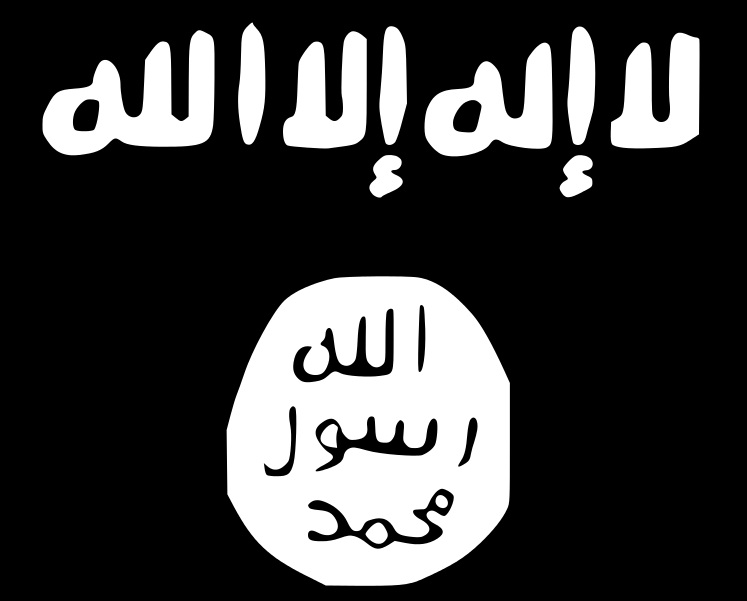Iraq, Syria and ISIS: the regional fallout
The rise of the Islamic State of Iraq and al-Sham (ISIS) poses a serious challenge to Iraq’s future. The lacklustre performance of the Iraqi military bodes ill for the prospects of the government recovering control of a major Sunni urban centre such as Mosul. And the involvement of regular Western military forces to sustain the Iraqi government is all but unthinkable in the absence of a credible political program to reverse the weakening of the Iraqi state.
Iraq has struggled to find a durable balance between the multiple political forces unleashed since 2003. A decade after the deliberate dismantling of the previous security and political structure by the United States, Prime Minister Nouri al-Maliki has failed to provide the leadership required to bridge complex divisions along sectarian lines between Sunni and Shia parties and personalities. Iraq’s Sunni elite remain aggrieved and sceptical toward the Shia-dominated government. No credible political solution to their growing sense of marginalisation has been offered.
That backdrop of division and political ineptitude is a key factor against which the prospects for containing and defeating the ISIS challenge must be assessed.
The rise of ISIS and the civil war in Syria are also closely connected. Fighting over opportunities to gain military advantage and to generate revenue through oil sales and border controls has forced ISIS to make tactical retreats in Syria’s north-west and in Aleppo, and it’s facing a bitter struggle in Deir ez-Zor. But it has enjoyed considerable success in overcoming its Islamist rivals in the eastern region of Syria while intimidating or reaching accommodations with most Sunni tribal leaders across the Iraqi border. Its grip on Raqqa and much of the eastern border area of Syria looks secure.
So long as ISIS is able to gain and retain urban territory and access to resources in Iraq, including weaponry captured from Iraqi forces, it’s unlikely to be defeated in Syria, either by its rivals within the opposition or by the Syrian regime. Its control over an area the size of Jordan, and the oil pipeline from Kirkuk to Turkey, will provide major revenue streams.
A reversal of its fortunes in Iraq also appears unlikely so long as ISIS remains focused on gaining territory in the predominantly Sunni northern areas of the country. It can expect resistance from Sunnis fearful of reprisals for their support for the US forces from 2006 to 2008, and of course, from Shia militias. But it has already shown the capacity to maintain an effective presence in Fallujah and Ramadi against a less experienced Iraqi national army relying on militias for support.
Unlike its contests with Kurds aligned with the PKK in Syria, ISIS has avoided confrontations with the Kurds in Iraq. It’s far from clear how seriously the Kurds of Iraq other than the PKK faction would regard ISIS as a threat to their own interests. And in the meantime, the Kurds have seized the opportunity to take control of Kirkuk.
Iran is calling for a regional response to the crisis, and has reportedly deployed Revolutionary Guard forces to help regain Tikrit. So long as Baghdad, Basra and key Shia centres including Najaf remain out of ISIS’s grasp, however, Iran would be reluctant to commit significant forces to a campaign to reassert control over predominantly Sunni urban areas.
The Iranians are already heavily committed—through assistance to Hezbollah in Syria and limited direct support to the Syrian military. If Iran were to attempt, with a Shia-dominated Iraqi government, to engage in the sort of intensive urban conflict that has been witnessed in Syria, and prior to that, in the Palestinian camps in Lebanon, against a committed, battle-hardened Islamist foe, and with a Sunni population ill-disposed toward it in the first place, the authority and institutions of the Iraqi state itself could collapse.
Even if they remained under the control of Sunni militias and warlords, and as is quite likely, the traditional connections between Mosul and northern Syria were to rejuvenate, ISIS in Iraq and its contested presence in northern and eastern Syria would be unlikely to be seen in Tehran as a critical threat to the continuation of an Alawite-dominated regime in Damascus. The Syrian regime would remain beholden to Iran and under its protection. And Iran’s predominant influence in Lebanon would be likely to continue.
Talk of a regional conflagration along sectarian lines is far-fetched. Since neither the Iranians nor the Saudis have the military capacity to push ISIS back, the rise of ISIS is more likely to encourage a détente in the Syrian context that would help to preserve their respective interests. But the close strategic and political relationship between Syria and Iran that deeply discomforts the conservative Arab states looks set to strengthen as the ISIS threat to Iraq grows.
Whether ISIS will pose more than a rhetorical threat to conservative Sunni regimes, or to Egypt, is impossible to predict. Some jihadist activity inspired by—or linked to—ISIS’s success can’t be ruled out, but it would be unlikely to pose a risk to the regimes themselves. The most important effects beyond Iraq might be to limit even further the prospects for much-needed political reform in those countries, and to deepen the polarisation between Islamist and non-Islamist forces across the region.
Robert Bowker is an adjunct professor at the Centre for Arab and Islamic Studies at the Australian National University. Image courtesy of Wikipedia.
